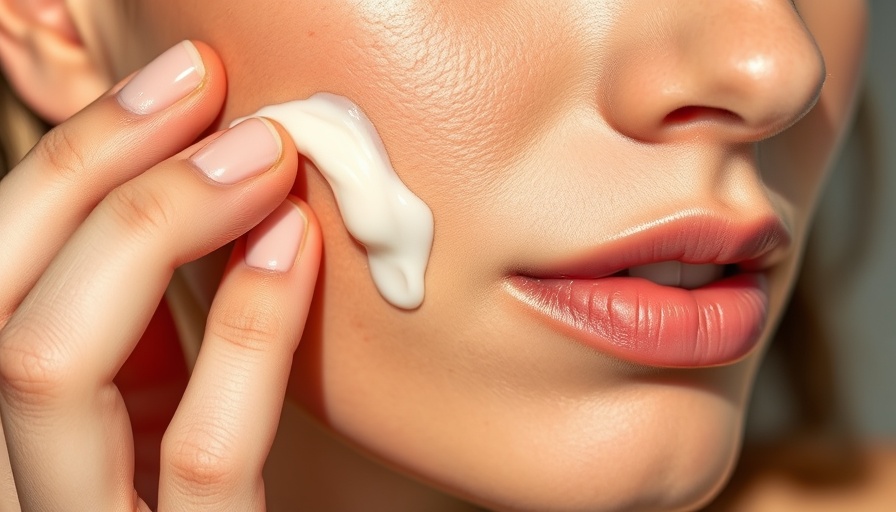
Is It Time to Rethink Your Moisturizer Choices?
As we age, our skin naturally undergoes various changes, particularly regarding moisture retention. By the time we reach our 40s, many individuals begin to notice that their skin feels drier, tighter, and more sensitive. Often, the immediate solution recommended is to slather on a heavy, thick moisturizer. However, is this truly the best course of action? Let’s delve deeper into the science and myth behind moisturizing, and explore more effective solutions for maintaining healthy skin.
The Evolution of Moisturizers: From Ancient Remedies to Modern Science
The history of skincare products is fascinating. Ancient civilizations relied on natural ingredients like animal fats, almond oil, and beeswax to combat dryness. Fast forward to the 19th century, when innovations such as cold cream and petroleum jelly came into play. These products created a protective barrier on the skin, offering temporary relief from tightness. Nonetheless, while these formulations worked wonders in their time, today’s consumers have more options at their disposal.
Understanding Moisturizers: What Works and What Doesn't
Many moisturizers primarily incorporate occlusives—ingredients designed to create a protective layer on the skin that locks in moisture. Yet, their effectiveness can be misleading. While they provide an appealing shine and the sensation of hydration, these products might not address the underlying issue of dry skin effectively. Instead, they often give a false sense of relief by masking the symptoms without nourishing the skin from within, leaving users repeating the cycle of heavy applications without real improvement.
Breaking Down the Myths: Why Less Might Be More
It's easy to assume that thicker is always better when it comes to skincare. This belief has been perpetuated over generations, often passed down from mothers and grandmothers who swore by heavy creams. However, modern skincare science offers a different narrative. Many dermatologists now argue that what our skin really craves isn’t a thick layer of oil, but genuine hydration. This can be achieved through products with humectants, like hyaluronic acid, which draw moisture into the skin.
Hydration over Occlusion: A More Effective Strategy
Understanding that both dry and oily skin types require hydration is essential. Skin cells benefit immensely from water, akin to how fish require water to thrive. Thus, applying a toner immediately after cleansing is critical—allowing it to absorb into damp skin maximizes hydration. Following up with a serum rich in humectants can deliver a much more effective moisture boost than slathering on a heavy moisturizer alone.
Incorporating Evidence-Based Practices
Caring for dry skin should be based on evidence and understanding, not just tradition. To truly nourish your skin:
- Start with a gentle cleanser: This sets the stage for your hydration process without stripping your skin's natural oils.
- Use a hydrating toner: Focus on hydrating toners rich in glycerin or aloe vera.
- Follow with a potent serum: Incorporate a serum that contains hyaluronic acid or other humectants to draw water into the skin.
- Seal in moisture: Finish with a lighter moisturizer that locks in everything without weighing the skin down.
Future Insights: The Role of Technology in Skincare
As skincare technology advances, the market is shifting towards more effective and user-friendly products tailored for individual skin types. For consumers, this means more options focused on hydration rather than thickness, leading to a more natural feel and longer-lasting moisture retention. By staying informed and adapting to these changes, consumers can better navigate their skincare needs, ultimately leading to healthier and more vibrant skin.
Take Action: Your Skin Deserves Better
If you find yourself reaching for that heavy moisturizer, it might be time to reassess your approach. Explore the diverse range of hydrating products available—your skin will thank you for the newfound freshness and comfort. Make informed choices and don’t settle for a temporary fix when a lasting solution is just around the corner.
 Add Row
Add Row  Add
Add 






Write A Comment